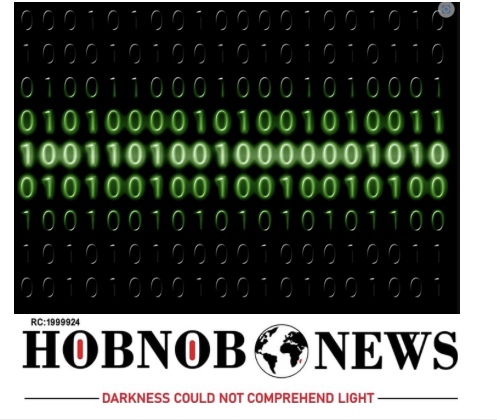Nigeria is struggling to keep pace in the rapidly evolving digital age, with 62% of the population lacking internet access and 44.6% without basic telephone services. Despite some progress, the country ranks 88th out of 117 in the Digital Quality of Life Index and lags behind in achieving its digital goals.
The slow implementation of the National Broadband Plan, lack of funding, high costs, and unfavourable operating environment are contributing factors to this shortfall. The persistence of the digital divide reinforces existing inequalities and is a missed opportunity for economic growth.
Digitalisation can play a critical role in stabilizing Nigeria’s economy and driving diversification through investment and job creation. However, obstacles such as inconsistent regulations, multiple taxes, and high costs hinder the sector’s potential.
To bridge the digital divide, Nigeria must promote digital literacy, encourage local content development, and draw lessons from countries like India, which has transformed itself into a digitally empowered society. Intensifying efforts to close the digital gap is crucial for the nation’s economic future and the well-being of its people.
HOBNOB NEWS

